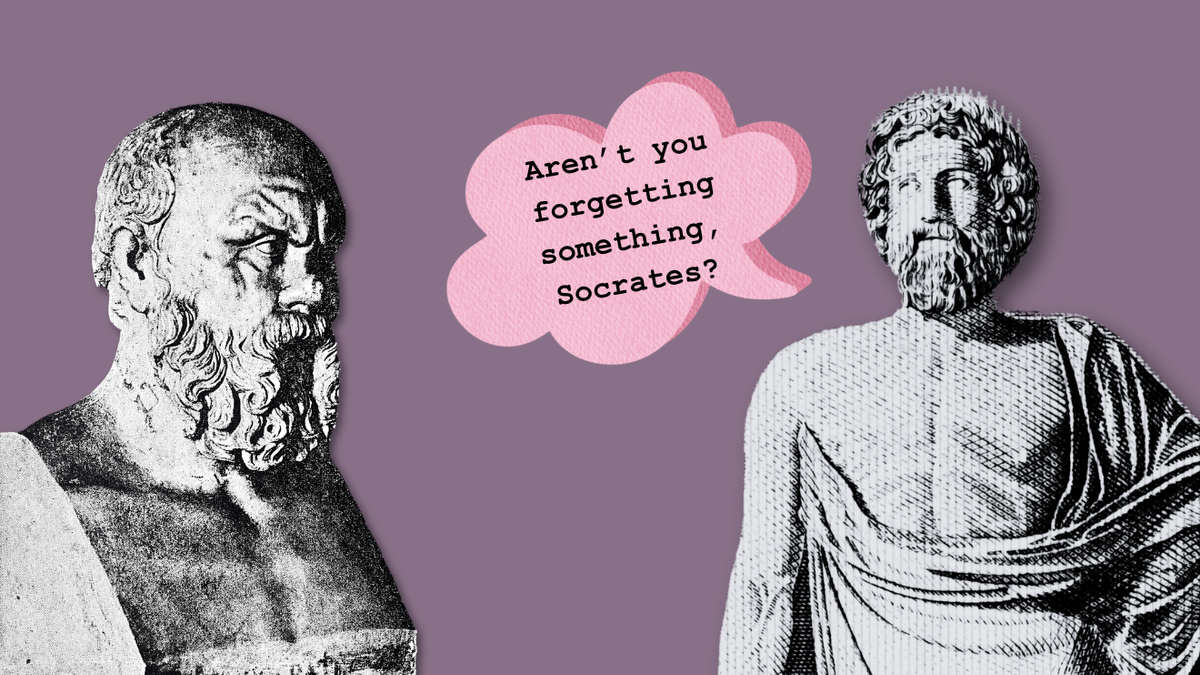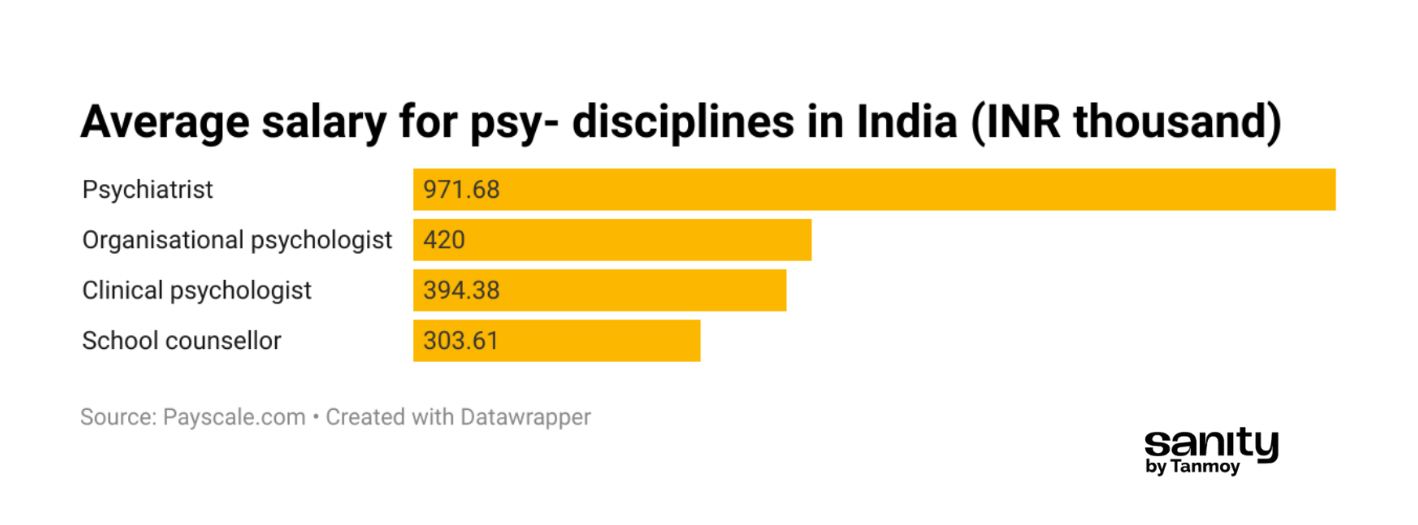Society, pay thy therapists fairly
A quick history of paying for healthcare, and why supporting therapists' right to fair pay is everyone's job.

This time, I zoom out and ask: How has the idea of paying for healthcare evolved over time? What did that man Freud have to say about the importance of a fair fee for therapy to be successful? And does the fee you pay your therapist affect the outcome of therapy?
This is by no means a comprehensive exercise. Instead, I have captured snapshots that fit together to give us an intriguing overview of the relationship between care and compensation.
Over the next few editions, I will dive into more complex themes: what happens when a patient has to quit therapy because they can't pay for it; the exploitation of therapists in the age of mental health startups; how therapists are leaning into peer support groups to build ethical businesses, and much more.
I am a solo creator, and I do this work for you with a lot of love and labour. Clink on any of the links below to make a financial contribution today so I can keep going - no amount is too small. (Note: The discounts were originally meant only for therapists, but I am now opening them up for everyone for a short time.) Also, do share this piece with friends. Thanks. - Tanmoy
Thanks, The Alipore Post ❤️
I want to say a special thanks to Rohini Kejriwal, creator of The Alipore Post, a beautiful newsletter on poetry, art, music, photography, and all things creative. Rohini recommended Sanity in the latest newsletter on caring, which sent a lot of new readers my way. Welcome y'all, and much gratitude, Rohini. Everyone: Go check out The Alipore Post and show it some love.
“Crito, we owe a rooster to Asclepius. Do pay it. Don’t forget." – Socrates on his deathbed
Scholars have long puzzled over the mystery of Socrates' dying instruction to his follower Crito to compensate Asclepius, the ancient Greek god of medicine.
Some believe that the philosopher thought of life as a disease and death as the ultimate cure. Others say he saw death as akin to childbirth and was thus grateful to the god for granting him a new life, a service for which a rooster sounds like a reasonable fee.
Whatever he was thinking, this final Socratic edict is part of a fascinating and little-known sliver of medical history: the evolution of payment for medical care, and its significance in the healing process.
It's a fitting piece of trivia to invoke when unpacking the question of fair payments for therapy – an issue that many therapists find as confounding as Socrates' last words.
Reminder: why you must care about your therapist's livelihood
Time was when money was an immodest topic in the noble and altruistic profession of healthcare. Capitalism, the lack of free universal healthcare in vast parts of the world, and the rise of big pharma have since made medicine's charitable image look like a cute anachronism...
... except for non-physician or non-clinical care providers, including therapists and nurses (my mother was one), who have remained yoked to social expectations of service before self.
As we saw last week, far too many therapists are overworked and underpaid (see chart below on the pay gap between psychiatrists and psychologists). Many fail to cover even their living costs, let alone the cost of expensive professional upskilling. The feminisation of the profession has been both a cause and an effect of its poor pay. There's no pay transparency either, fuelling an exploitative system that weaponises the do-gooder therapist's generosity and internalised guilt against them.
This is untenable for a profession that's already drowning in burnout. According to one systematic review, 60% of all psychologists who participated in studies on the subject reported moderate to high levels of burnout and stress. Not only is this status quo disastrous for therapists themselves, it also harms patients. For instance, therapist burnout is known to markedly reduce the effectiveness of PTSD treatment.

Therapists receive little to no guidance about money matters as part of their education. Devika Rawat, former Sanity intern who now works with Project 39A, an organisation seeking to reform India's criminal justice system (go Devika!) told me that in her psychology classroom, the question of livelihood and how it impacts the therapist-patient relationship was never addressed.
"There's radio silence," she said. "Nobody teaches you how to charge, what to charge, or how to negotiate uncomfortable conversations around money with your patients." I have personal experience of the unintended anxiety patients can feel when these uncomfortable conversations are left in the shadows.
My aim with this series is to bring these conversations out into the light. This is where a sense of history becomes important. It helps position the work of therapists within a continuum, as a legitimate part of the larger tradition of healthcare, which it can then draw meaning and validation from.





